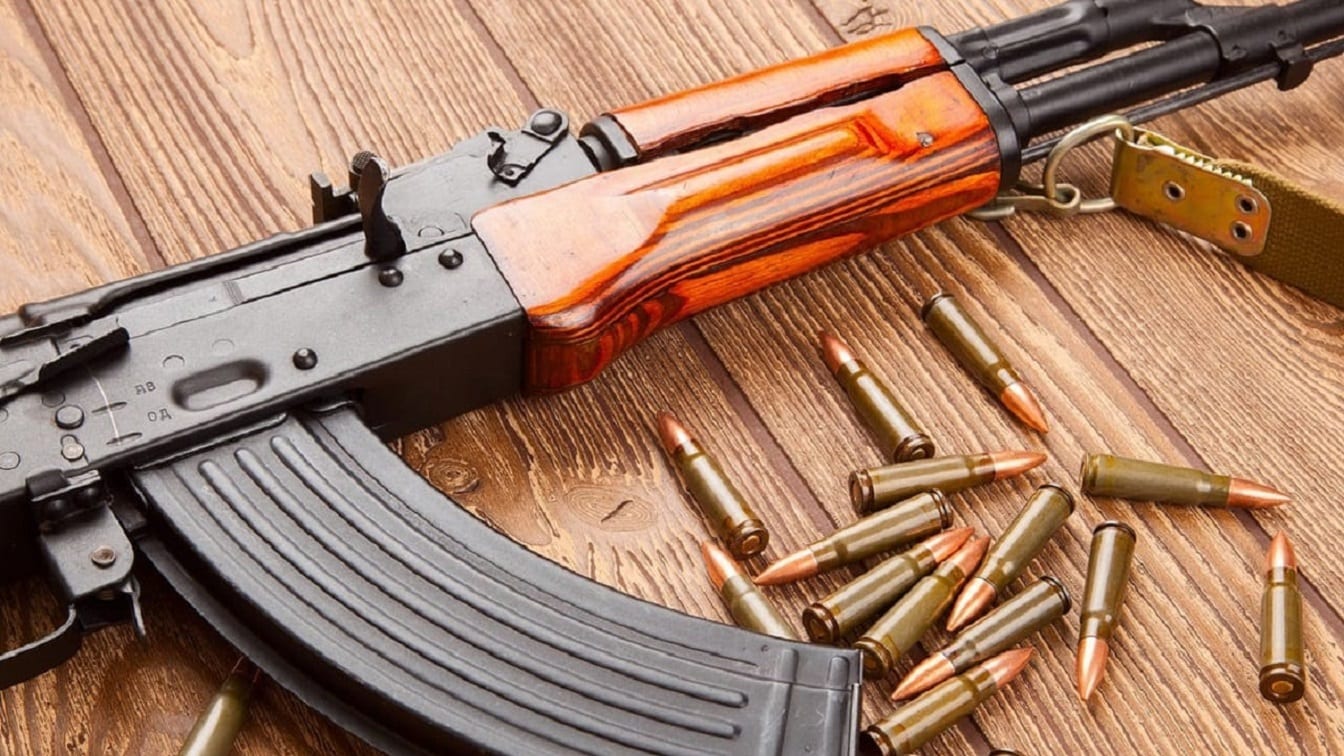Last month, the Islamic Republic of Iran agreed to cease covert weapons transfers to its Houthi allies in Yemen as part of a Chinese-brokered deal with Saudi Arabia. For more than seven years, Riyadh and Tehran have backed opposite sides in the Yemen conflict. While both Middle Eastern nations helped fuel the devastation that has fueled the war-ridden country, Iran’s contributions to the Houthis continued barrages has been instrumental in prolonging the conflict. What began as a civil conflict between opposing Yemeni factions evolved into a full-blown war that brought in several foreign entities. Although the surprise Riyadh-Tehran deal could help extend the current ceasefire in place, a potential peaceful future for Yemen is not guaranteed.
The origins of the civil war
The official start of the Yemen conflict can be linked to the Houthi insurgent’s seizure of the Capital Sanaa and subsequent exile of then-President Abd-Rabbu Mansour Hadi. However, regional tensions erupted more than a decade earlier and helped light the spark that would ignite a full-blown conflict. In the early 2000s, the Houthi rebels (previously called Ansar Allah), carried out a low-level insurgency against the Yemeni government. By 2009, tensions began to settle once Riyadh joined the conflict to aid the Yemeni government and a cease-fire was established. After relations again soured in 2014, the conflict compounded when Riyadh formed a military coalition that intervened in Yemen to restore the previous internationally-recognized government.
Foreign actors enter the conflict
The U.S. supported the Saudi-led coalition in terms of logistical, intelligence and air support aid. Joined by the UAE, Qatar, Bahrain, Morocco, Sudan, Kuwait, Jordan and Egypt, the 8-member coalition began a deadly air campaign which has been accused of indiscriminate bombings. At the same time, Tehran ramped up its support for the Houthi rebels. As the Center for Strategic and International Studies details, Tehran has provided the rebel group with “weapons and technology for anti-tank guided missiles; sea mines; UAVs, such as the Qasef family; 122-millimeter Katyusha rockets; Misagh-2 man-portable air defense systems (MANPADS); RDX high explosives; ballistic and cruise missiles; and UMVs.18 One specific example is the Houthi use of Borkan-2H mobile, short-range ballistic missiles, which they have used to strike Riyadh and other targets in Saudi Arabia.”
Over the last seven years, the brutal fighting that has engulfed Yemen has turned the civil war into the world’s worst humanitarian crisis of the 21stcentury. Human Rights Watch estimates that roughly a quarter of a million people have perished due to the war, and millions more face varying levels of food insecurity and internal displacement.
The Riyadh-Tehran deal does not mean Yemen is in the clear
While the recent Iranian-Saudi rapprochement does bolster the prospects for a continued ceasefire, day-to-day life in Yemen will not change overnight. The Houthi rebels will likely push for total control of the country, which the Saudi-led unity government in Yemen won’t accept. Additionally, if Saudi Arabia withdraws fully from the region, the Houthis could be further emboldened to carry out more attacks.
Maya Carlin, a Senior Editor for 19FortyFive, is an analyst with the Center for Security Policy and a former Anna Sobol Levy Fellow at IDC Herzliya in Israel. She has by-lines in many publications, including The National Interest, Jerusalem Post, and Times of Israel. You can follow her on Twitter: @MayaCarlin.

